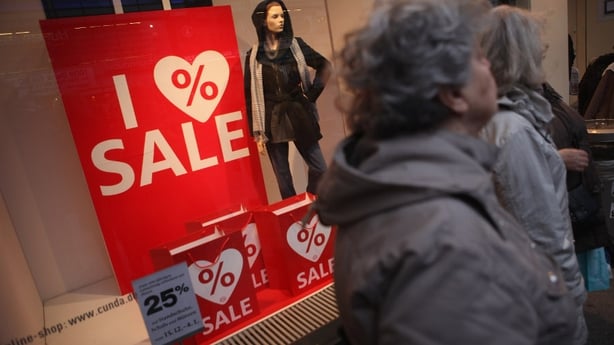German unemployment fell more than expected in May and the jobless rate sank to its lowest level in over 25 years, new figures show today.
The figures will boost expectations that private consumption will continue to drive growth in Europe's biggest economy this year.
The seasonally adjusted jobless total fell by 11,000 to 2.695 million, the Labour Office said, more than double the Reuters consensus forecast for a fall of 5,000.
"The labour market continues its overall positive development," Frank-Juergen Weise, head of the Federal Labour Office, said in a statement.
"Unemployment fell in the course of spring. Employment rose sharply and the demand for labour also increased significantly," he added.
The adjusted unemployment rate fell to 6.1%, its lowest level since German reunification in 1990. The rate had held at 6.2% for four consecutive months.
Separate data from the Federal Statistics Office showed that seasonally adjusted employment, as measured by the International Labour Organisation, rose by 41,000 to more than 43.4 million in April.
The German government expects employment to reach a record 43.5 million this year and nearly 44 million in 2017.
That should further propel domestic demand and push up tax revenue, enabling the government to increase state spending.
The German economy expanded by 1.7% in 2015, its strongest rate in four years, mainly driven by robust private consumption and higher state spending on refugees.
It is expected to grow by around the same amount this year.
More than one million migrants arrived in Germany last year, raising fears that unemployment would rise as it is hard to integrate them into the labour market.
Those fears were compounded by Germany's introduction last year of the first nationwide wage floor of €8.50 per hour, which critics said would discourage employers to hire.
German retail sales post surprise fall in April
German retail sales dropped by 0.9% in April, their second consecutive fall, new figures show today.
The figures cast some doubt over expectations that consumer spending will propel growth in Europe's largest economy as foreign trade weakens.

The volatile indicator, which is often subject to revision, confounded expectations in a Reuters poll for a 0.9% rise on the month, data from the Federal Statistics Office showed today.
The data for March was revised down to a decline of 1.4% from a previously reported fall of 1.1%.
On the year, German retail sales rose by 2.3% in real terms, a marked increase compared with a downwardly revised increase of 0.6% the previous month.
Economists polled by Reuters had expected a weaker rise of 1.9%.

